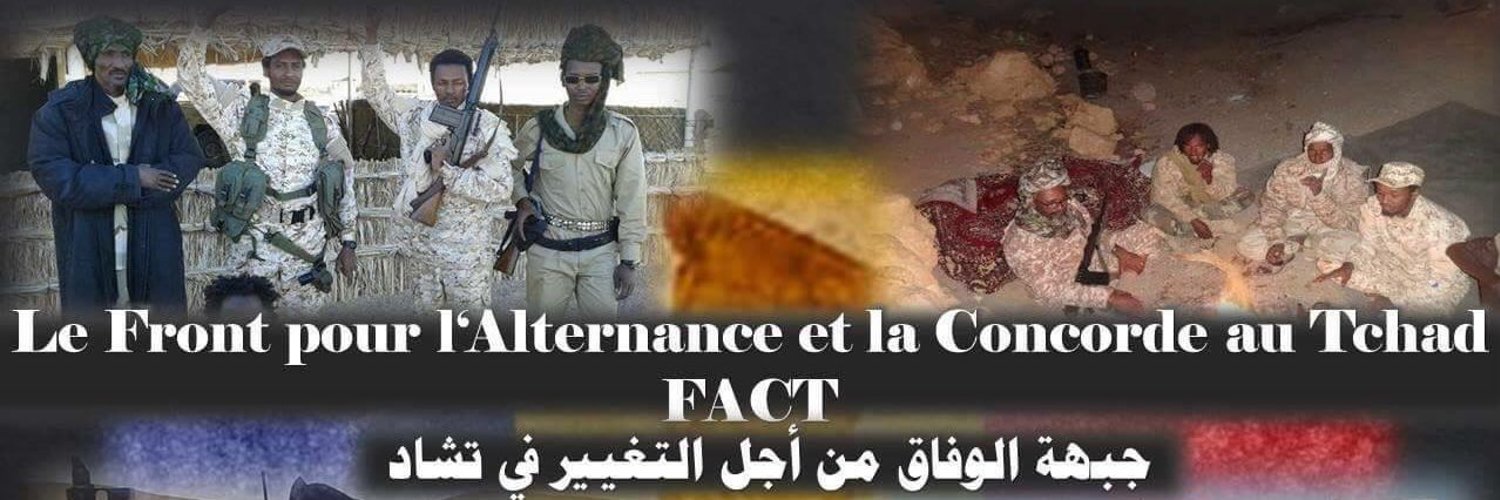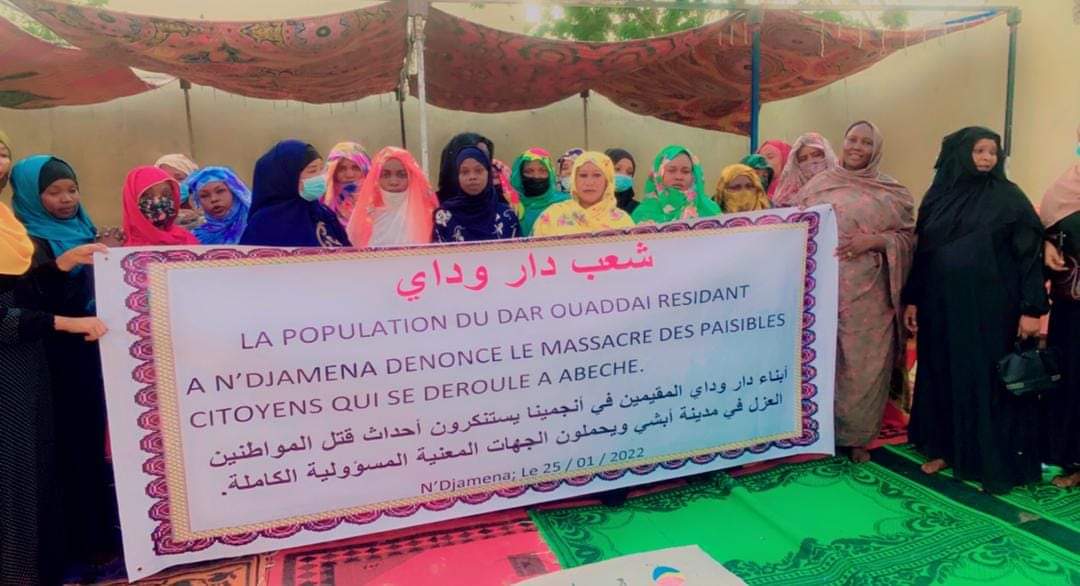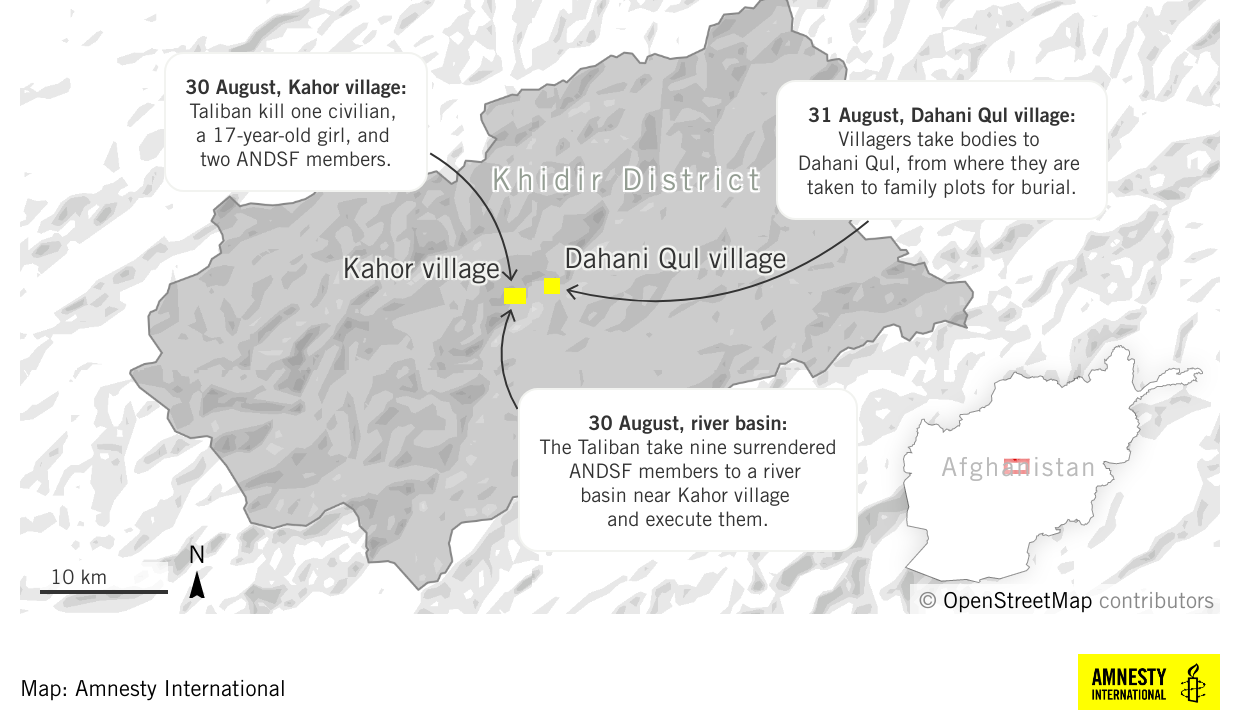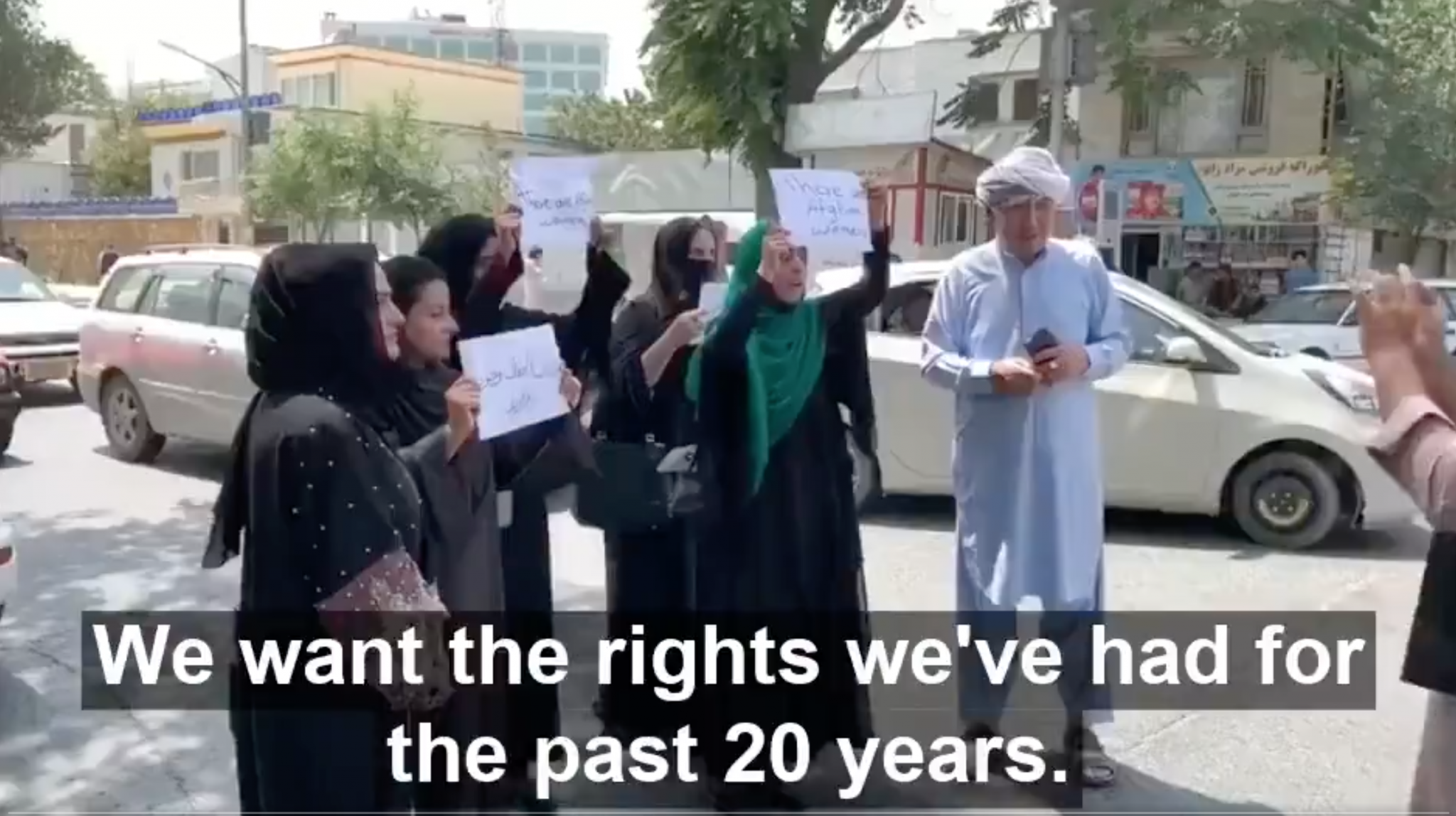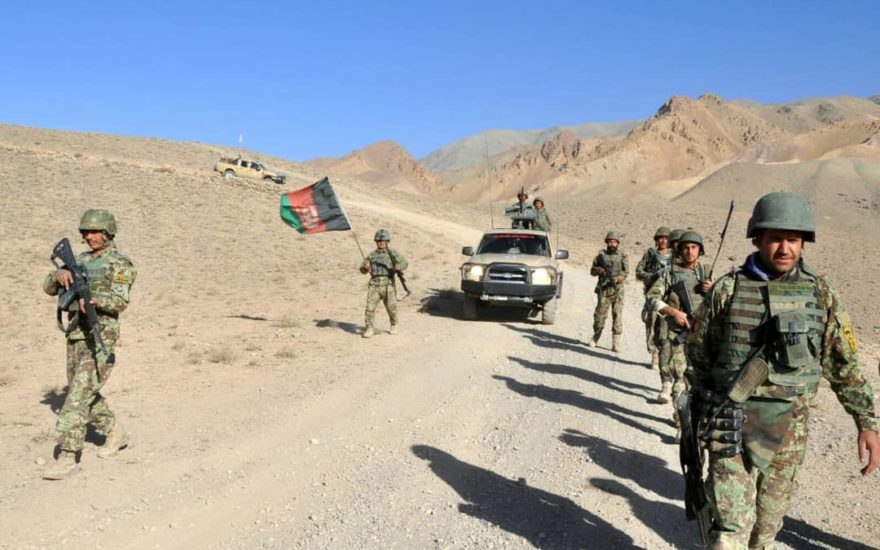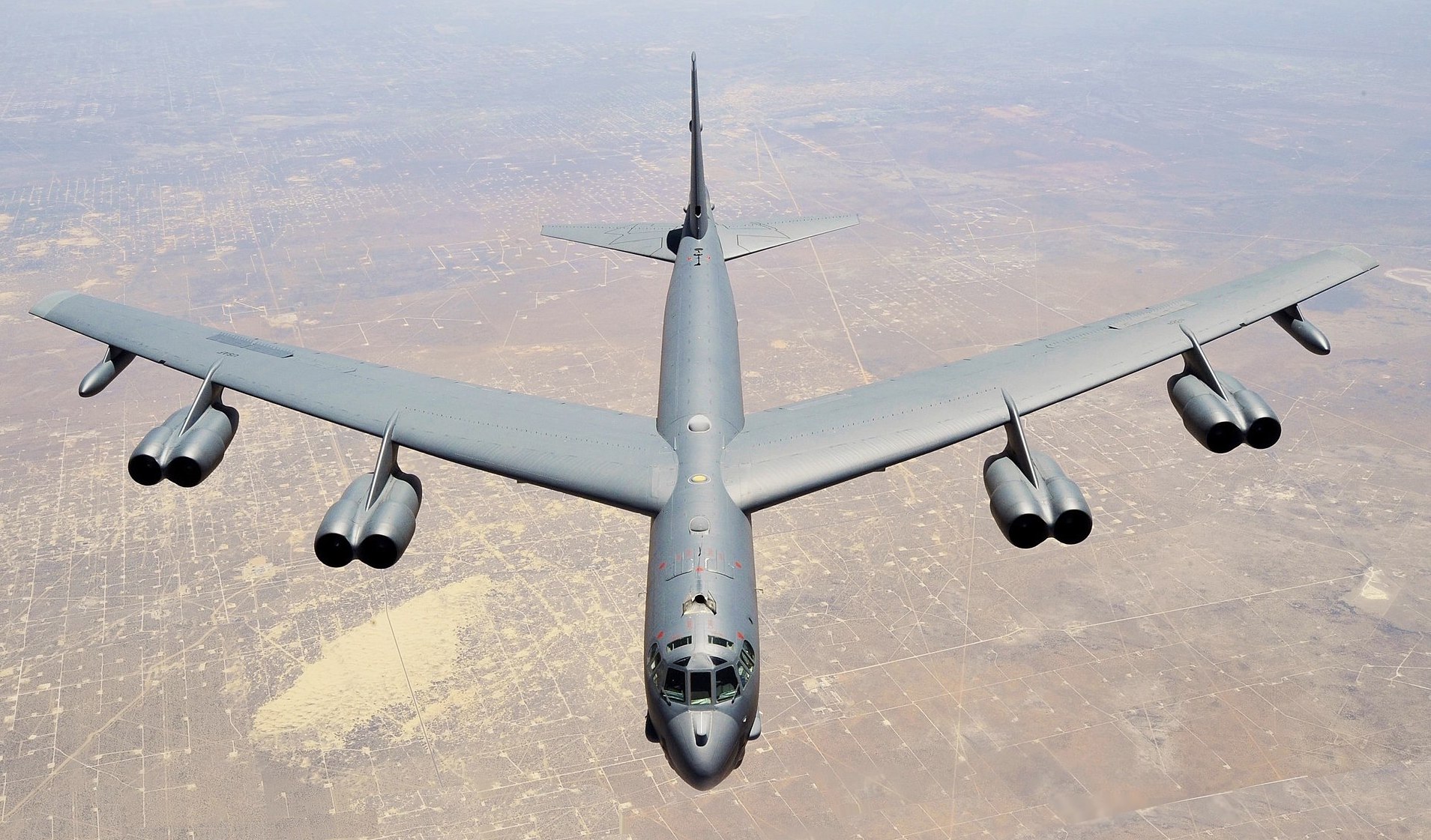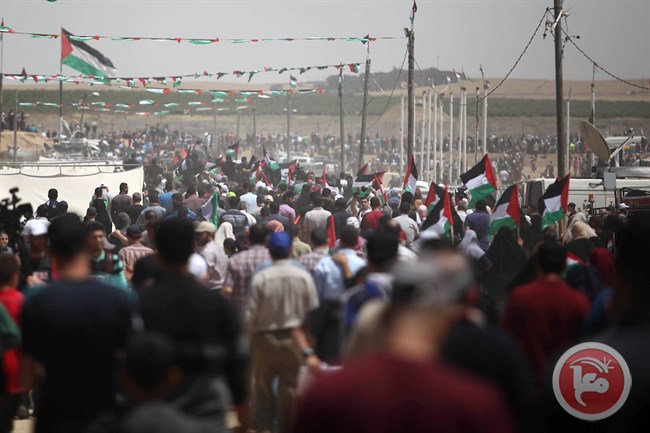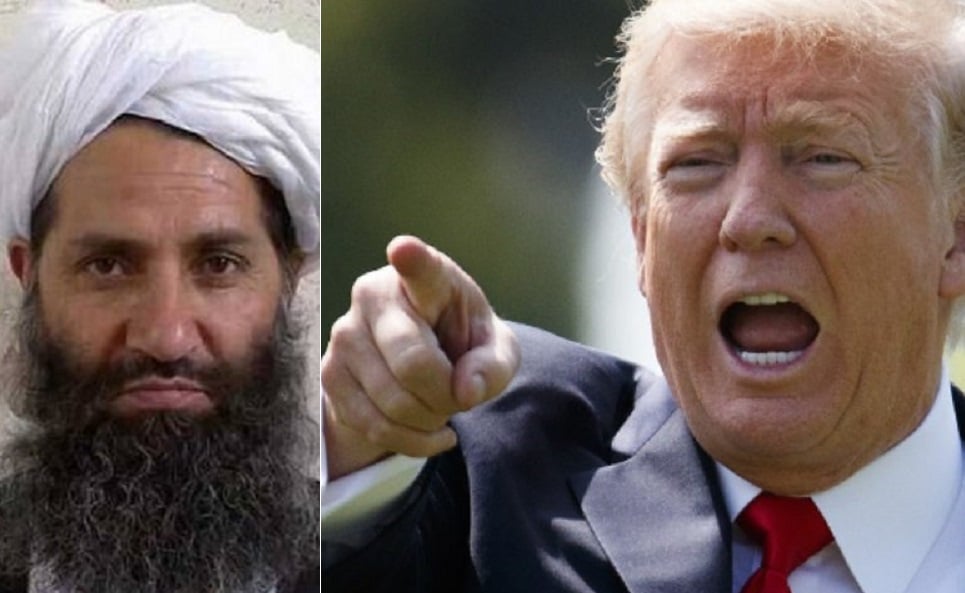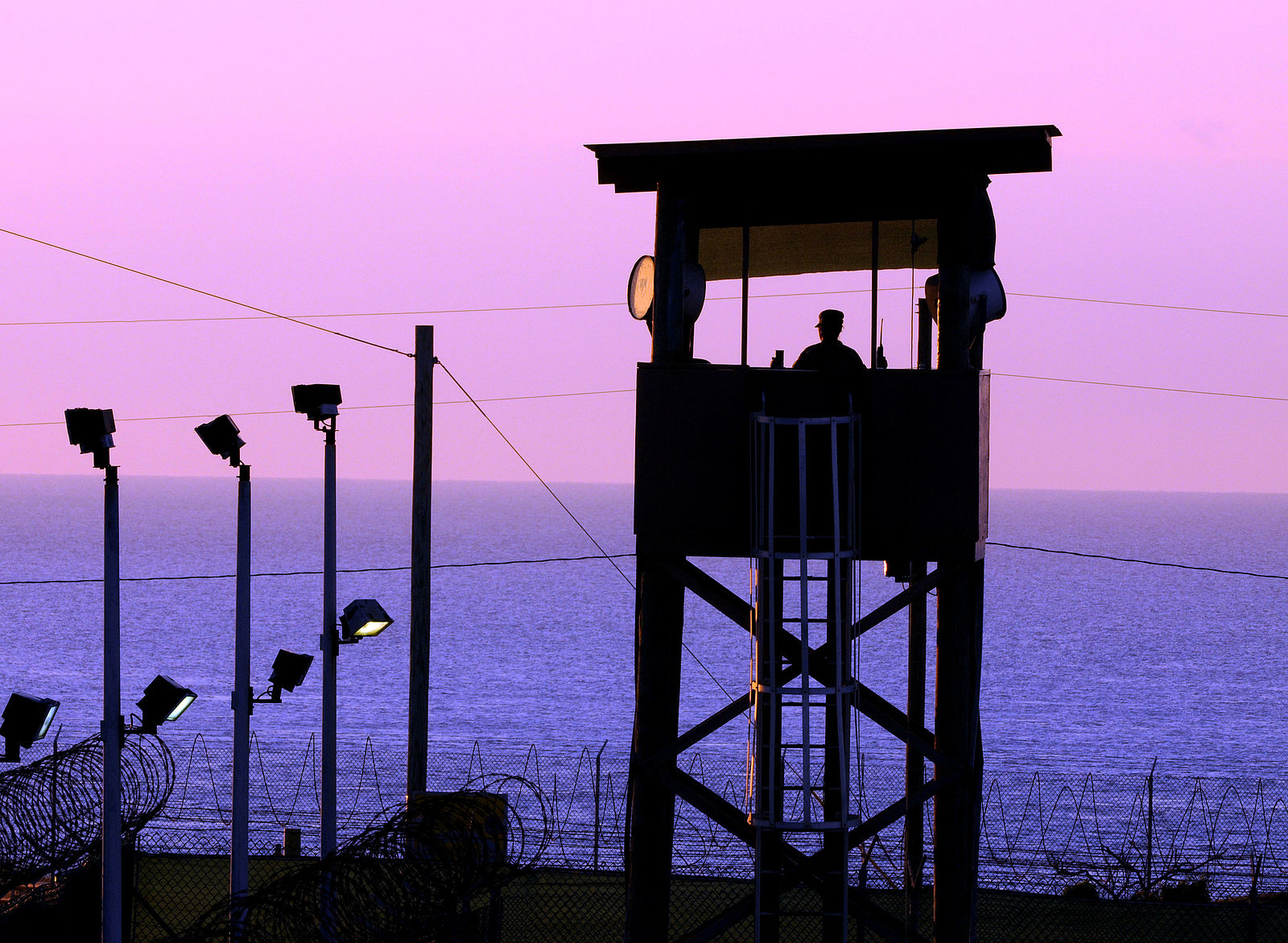
Afghan detainee released from Guantánamo
The US Department of Defense announced the release of Asadullah Haroon Gul, an Afghan national, who had been held for 15 years without charge at the Guantánamo Bay detention camp. Gul was incarcerated at Guantánamo in 2007 on accusations of being a member of al-Qaeda and Hezb-e-Islami (HIA), an insurgent group that fought against the US in Afghanistan. HIA signed a peace agreement with the US-backed Afghan government in 2016. Human rights organization Reprieve subsequently filed a habeas corpus petition demanding Gul’s release. (Photo: Gino Reyes/Wikimedia Commons)



